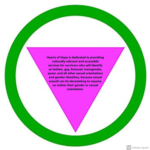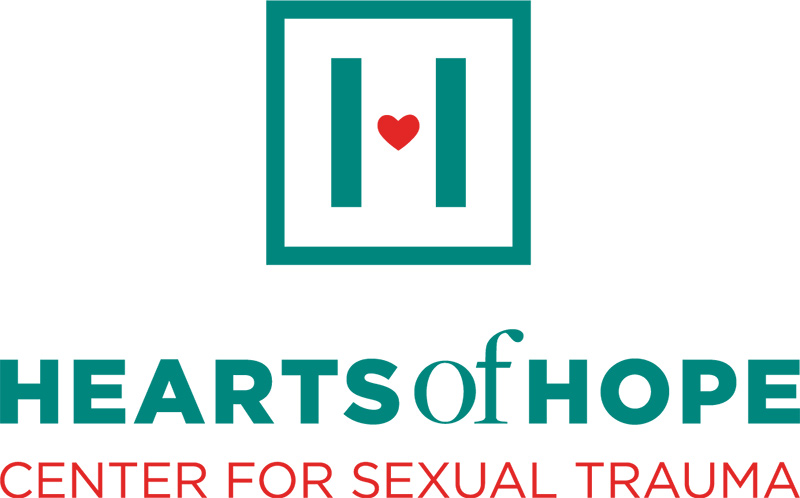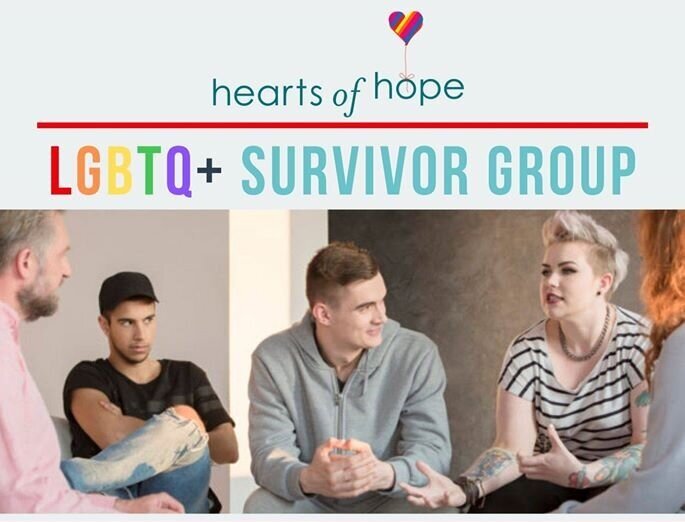Survivors Who Identify as LGBTQ+
 If you have experienced sexual assault, we are here for you. Go here for steps to take after a sexual assault takes place. If you aren’t sure whether or not you are ready to share your experience with anyone, but you want to explore your options, Seek Then Speak helps sexual assault survivors and their support people gather information, look at options, and take action.
If you have experienced sexual assault, we are here for you. Go here for steps to take after a sexual assault takes place. If you aren’t sure whether or not you are ready to share your experience with anyone, but you want to explore your options, Seek Then Speak helps sexual assault survivors and their support people gather information, look at options, and take action.
Survivors who identify as LGBTQ+ may experience similar feelings, thoughts and reactions as heterosexual cisgender people; however, you might have some experiences that are specifically related to being LGBTQ+. You might not only have thoughts and feelings about what occurred during the assault, but how you will be treated by the health care and justice systems, your friends and family, and if you are in a relationship, your partner.
These unique experiences may include:
-
Increased isolation from friends and family
-
Fear of being “outed”
-
Internalized homophobia or transphobia, which may increase self-blame
-
Stereotypes that people who are LGBTQ+ are hyper-sexual or deviant
-
Perpetrators using sexual assault in an attempt to “cure” or punish people who are not heterosexual and cisgender
-
Sexual assault being used as a hate crime against those who identify as LGBTQ+
-
Myths that sexual assault/abuse is normal in the “LGBTQ+ community”
-
Concerns that the investigation or case will not be taken seriously because of sexual orientation or gender identification
-
Apprehension about receiving adequate medical care
It may be helpful to know that you will not be required to disclose your sexual orientation to anyone unless you choose to do so, and Hearts of Hope can help you with your advocacy needs.
If you suspect or know that the assailant knew you identified as LGBTQ+, you may want to report the assailant to the Hate Crime National Hotline 206-350-HATE (4283).

